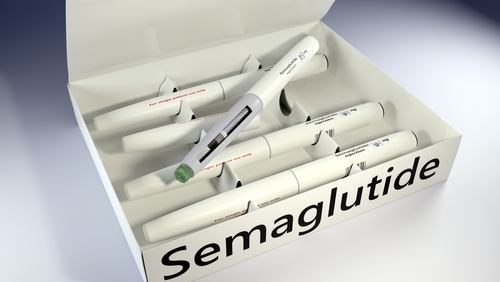
Sodium-glucose cotransporter-2 inhibitors (SGLT2i) lower kidney failure risk in patients with type 2 diabetes but are not approved for patients with type 1 diabetes because they heighten the risk of diabetic ketoacidosis.
The proximal tubule diuretic acetazolamide may provide an alternative. Acetazolamide delivers more sodium to the distal nephron and may activate tubuloglomerular feedback (which lowers GFR and intraglomerular pressure), like SGLT2i but without the added diabetic ketoacidosis risk.
The renal effects and safety of acetazolamide in patients with type 1 diabetes have not been well studied. Charles Ginsberg, MD, and colleagues addressed this gap with a dose-escalation trial in 12 patients with type 1 diabetes. They studied the effects of 62.5 mg, 125 mg, and 250 mg dosages of oral acetazolamide, all administered twice daily. The study participants were treated for two weeks, which was followed by a two-week washout before beginning the next dosage level. The mean patient age was 46±17 years. All participants were White, and 75% were female. The mean measured GFR at baseline was 89±18 ml/min/1.73 m2.
The researchers assessed blood and urine chemistries, as well as iohexol measured GFR, before and after each treatment interval. They sought to identify a dose that maximized measured GFR reductions while minimizing adverse effects. After two weeks of acetazolamide, measured GFR was reduced by 15% (95% CI, 9-21), 14% (95% CI, 7-21), and 15% (95% CI, 10-21) at the 62.5 mg, 125 mg, and 250 mg twice-daily dosages, respectively. However, the GFR reduction reversed fully after each two-week washout period. Serum bicarbonate decreased by 2.3 mEq/L, 4.2 mEq/L, and 4.4 mEq/L at 62.5 mg, 125 mg, and 250 mg twice-daily dosages, respectively. No hypokalemia (<3.5 mEq/L) was observed.
In conclusion, the authors wrote, “Among persons with type 1 diabetes and preserved kidney function, acetazolamide caused an acute, reversible reduction in measured GFR without effects on glucose metabolism.”







 © 2025 Mashup Media, LLC, a Formedics Property. All Rights Reserved.
© 2025 Mashup Media, LLC, a Formedics Property. All Rights Reserved.